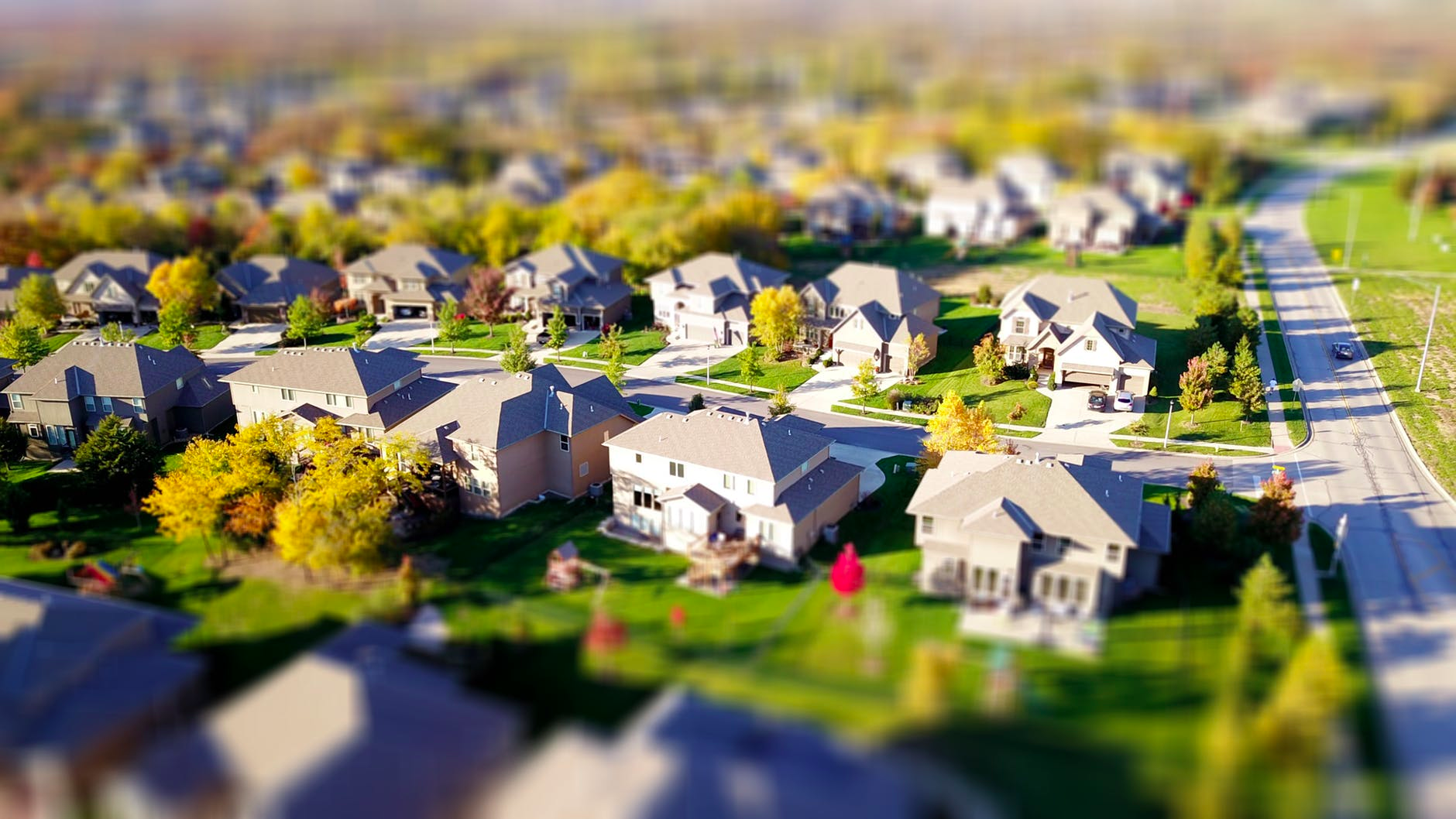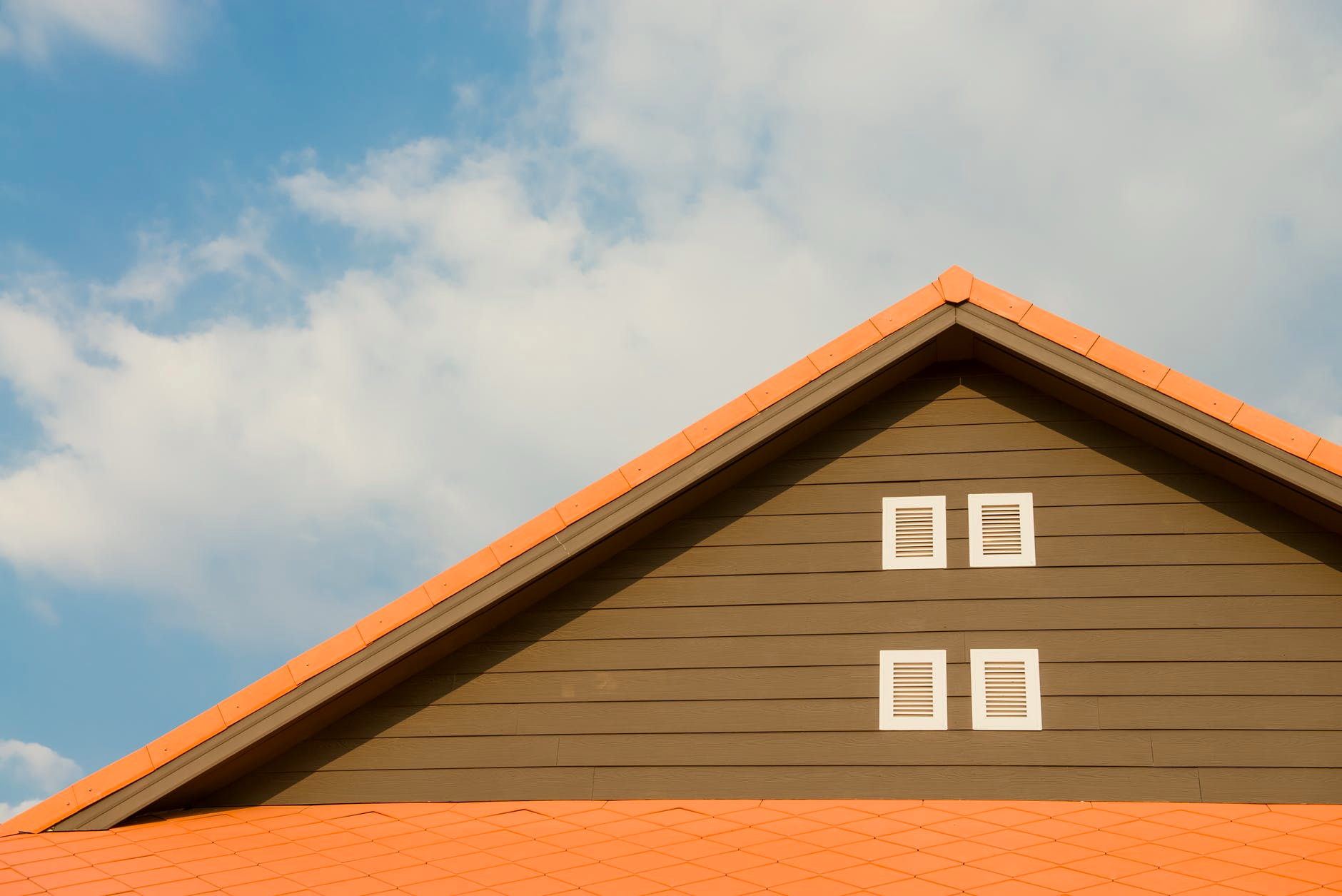
Now more than ever, homeowners are looking for ways to lower their monthly utility bills and make their home more energy-efficient. Thanks to innovative building materials and advanced technology, there are many ways you can go about making your home more energy-efficient. Here are 5 energy conserving tips you can follow to update your home and improve energy efficiency.
Replace Your Outdated HVAC Unit
Consider your heating and cooling unit. Your HVAC system is in charge of providing your home with a comfortable environment throughout the entire year. Do you have to frequently call someone out to repair it? If so, it’s time to consider a replacement. When you do have to replace your HVAC system, make sure you choose an energy-saving model that has a good SEER rating. This will help you to know that your system will run efficiently while keeping your home comfortable.
While replacing your unit may cost more upfront, if you have an outdated HVAC unit, chances are you’re wasting a ton of energy and ultimately paying for it each month with high utility bills. Installing a new energy-efficient HVAC system will lower your monthly costs and energy consumption in the long run, ultimately saving you money.
Install Proper House Wrap
Insulation is key to keeping moisture and outside air from affecting your home. House wrap works as an air and moisture barrier to boost your home’s energy efficiency and create a comfortable indoor environment. By installing proper house wrap you can keep unwanted air leaks from affecting your energy consumption. This allows your HVAC unit to work less at maintaining the temperature within your home, thus saving you money on energy bills.
Insulate Your Roof
When it comes to your roof, materials matter. If your current roof isn’t insulated properly, you could be paying more to maintain your indoor conditions. Similar to a house wrap, roof insulation allows air and moisture to stay outside where it belongs. If your roof is performing well then your home energy efficiency will follow suit.

Consider Insulated Concrete Forms
If you’re looking to start from scratch, consider building a home with insulated concrete forms or ICF’s for short. ICF house plans give homeowners an average of 20 percent or more in energy savings, along with advanced durability. In fact, homes built with ICF are fire resistant, resistant to wind speeds of up to 250 mph, and are three times quieter than traditional wood frame homes. An ICF home will help you save on your energy bills and give you a home that is built to last.
Invest in Energy Star Appliances
The appliances you choose for your home matter. Invest in Energy Star Appliances. Appliances such as your refrigerator, washer and dryer and so on should be Energy Star rated if you are trying to achieve an energy-efficient home. These are appliances you typically use every day or week. Non-Energy Star appliances will consume much more energy trying to complete your chores while Energy Star Appliances are at least 15 percent more energy-efficient. With energy efficient appliances you are helping to reduce greenhouse gas emissions and other pollutants as well as saving money on your monthly utility bills.
Start with a small change in your home. The type of light bulb you use does matter when it comes to being energy efficient. The LED or CFLs are better at giving you the light you need without putting a huge draw on your power bill. Consider changing out all the bulbs in your home to these types of light bulbs to better conserve energy. Energy Star Certified light bulbs use about 70-90% less energy than traditional incandescent bulbs.
Improve Your Home’s Energy Efficiency
As you can see there are many ways you can make your home more energy-efficient. From house wrap and insulation to replacing appliances and light bulbs, you can easily improve your energy efficiency without breaking the bank. Start with smaller projects like changing your light bulbs and move to upgrading your appliances as needed. Making your home more energy-efficient will not only help you save on monthly bills, but it will also increase the overall value of your home if you decide to sell it in the future.
You may also like
The Anatomy of a Green Home [Infographic]
5 Smart Reasons to Use Solar Power
Ways to Make Your Home the Coolest, Most Energy-Efficient on the Block This Summer
7 Minutes to a More Eco-Friendly Home
